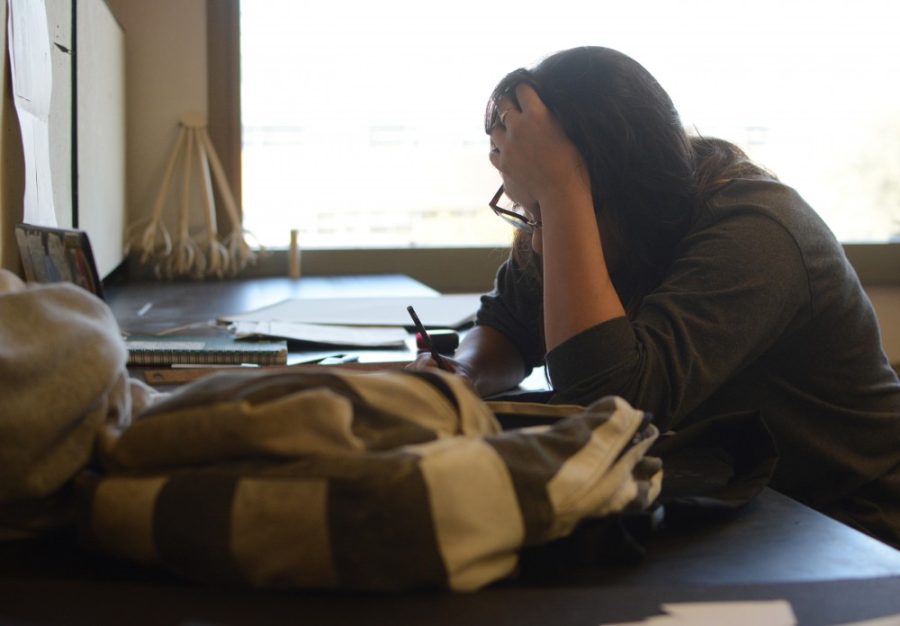Having to make big decisions is another facet of life that comes with being an adult. Many UA students fear choosing the wrong option when making big decisions.
Professor and head of the UA’s psychology department, Dr. Lee Ryan, sheds valuable insight about why individuals may be indecisive when it comes to making big decisions, and shares ways to confidently make big decisions in the future.
Daily Wildcat: What is the most difficult part about making big decisions?
Dr. Lee Ryan: I think that the most difficult part of making big decisions for most people is the fear that we’re making the “wrong” choice. That by choosing one option, we have lost the opportunity to take the path that would have really made us happiest or most fulfilled.
What are ways we can improve our indecisiveness?
“Big” decisions are often ones that are difficult for us because the options have positive aspects to them. … Realizing that one decision isn’t clearly “better” than the other is a big step forward. Those kinds of decisions—your career, where you live, your life partner—should be based on a real exploration of your personal values, priorities and the lifestyle you want to lead.
What if someone regrets the decision they made? How can they move forward?
Everyone makes choices that didn’t turn out the way you wanted or expected. That’s not the end of the world. It’s when people feel that they don’t have the freedom to then change their mind and pursue something else that makes them miserable. Knowing that the job you chose is actually horrible simply means that you now have a way better understanding of what you want. We can’t tell the future. You did your best based on the information you had at the time. Now you have more information, and you’ll be in a better position to make the next decision.
How do you handle making big decisions if conflict is involved?
No one can actually make a decision for you. Sometimes people won’t agree with your decision, or think you’re wrong. That’s inevitable. If you’ve thought carefully about your decision and concluded that it fits with your priorities and values, then others should respect that. Having said that, not listening to other people who have had experience is also a mistake. You may save yourself a lot of trouble by listening to the experiences of others.
What is some advice you can give to UA students in regard to making big decisions?
Get the most information you can about the alternatives, definitely. Instead of trying to figure out which choice is right and which is wrong, use that information to consider which person you would rather be. Spend time thinking about your values, your priorities, the kind of life you want to lead and the kind of person you want to be.
What are ways we can feel more confident about making big decisions in the future?
Feeling confident comes from understanding that there isn’t a right or wrong answer, that we have many options that could potentially all make us very happy and fulfilled. … We can choose differently down the road if we realize that the path we’ve chosen isn’t meshing with our values and priorities.
Do you believe that making big decisions is important?
Making big decisions is incredibly important. The philosopher Dr. Ruth Chang at Rutgers University says that making big decisions is our opportunity to define ourselves. It’s not a matter of making “right” or “wrong” decisions, but choosing the way that we see ourselves—based on our values, aspirations and priorities. The decisions we make will define who we are.
Follow Hannah Djavadi on Twitter









